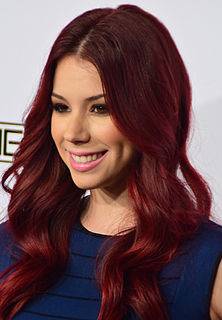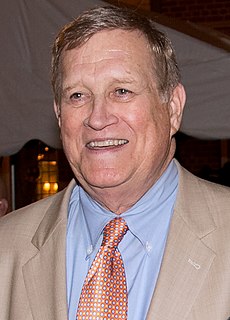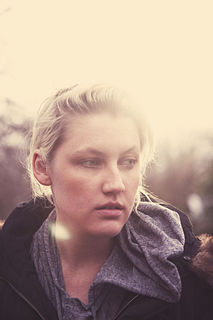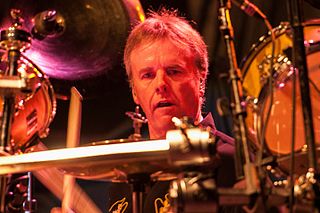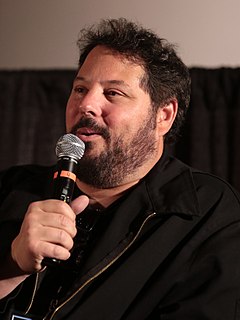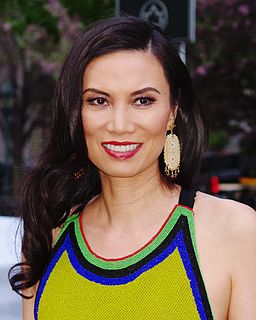A Quote by Toni Morrison
I lived in a little working-class town that had no black neighborhoods at all - one high school. We all played together. Everybody was either somebody from the South or an immigrant from East Europe or from Mexico. And there was one church, and there were four elementary schools. And we were all, pretty much until the end of the war, very, very poor.
Related Quotes
My parents were very, very close; they pretty much grew up together. They were born in 1912. They were each other's only boyfriend and girlfriend. They were - to use a contemporary term I hate - co-dependent, and they had me very late. So they had their way of doing things, and they reinforced each other.
I'd been influenced by reading books on art and colonies that existed in Paris and places like that and so when I came to Europe I came to France and I had very little money, and I had to live low and stayed in a bohemian section of Paris with a lot of other students, who were from medical school, science school and art school. We all lived in a kind of communal way and I was challenged politically, because I didn't have a clue and they would ask me questions about the Algerian War, which was very big in France in the late '50s.
I was from a town called Manhasset, very nice town out on the North Shore of Long Island, New York, but there was a little area, predominantly black population, and it was a small school. I played on the basketball team when I was a junior, and I was the only white guy on the starting five, the top seven actually, and we were really good.
When I was younger - in elementary school - my parents are both teachers, so we moved around a lot. For the most part we always lived, before we settled south of Dallas, we always lived in the outskirts of city suburbs, kind of in these weird, desolate neighborhoods. Very brown and flat settings. I love Texas, I love the openness.
The Second World War had really devastating effects for much of Europe. It really didn't take them very long to reconstruct state capitalist democracies because it was in people's heads. There were other parts of the world that were pretty much devastated and they couldn't do it; they didn't have the conceptions in their mind. A lot of it is human consciousness.


